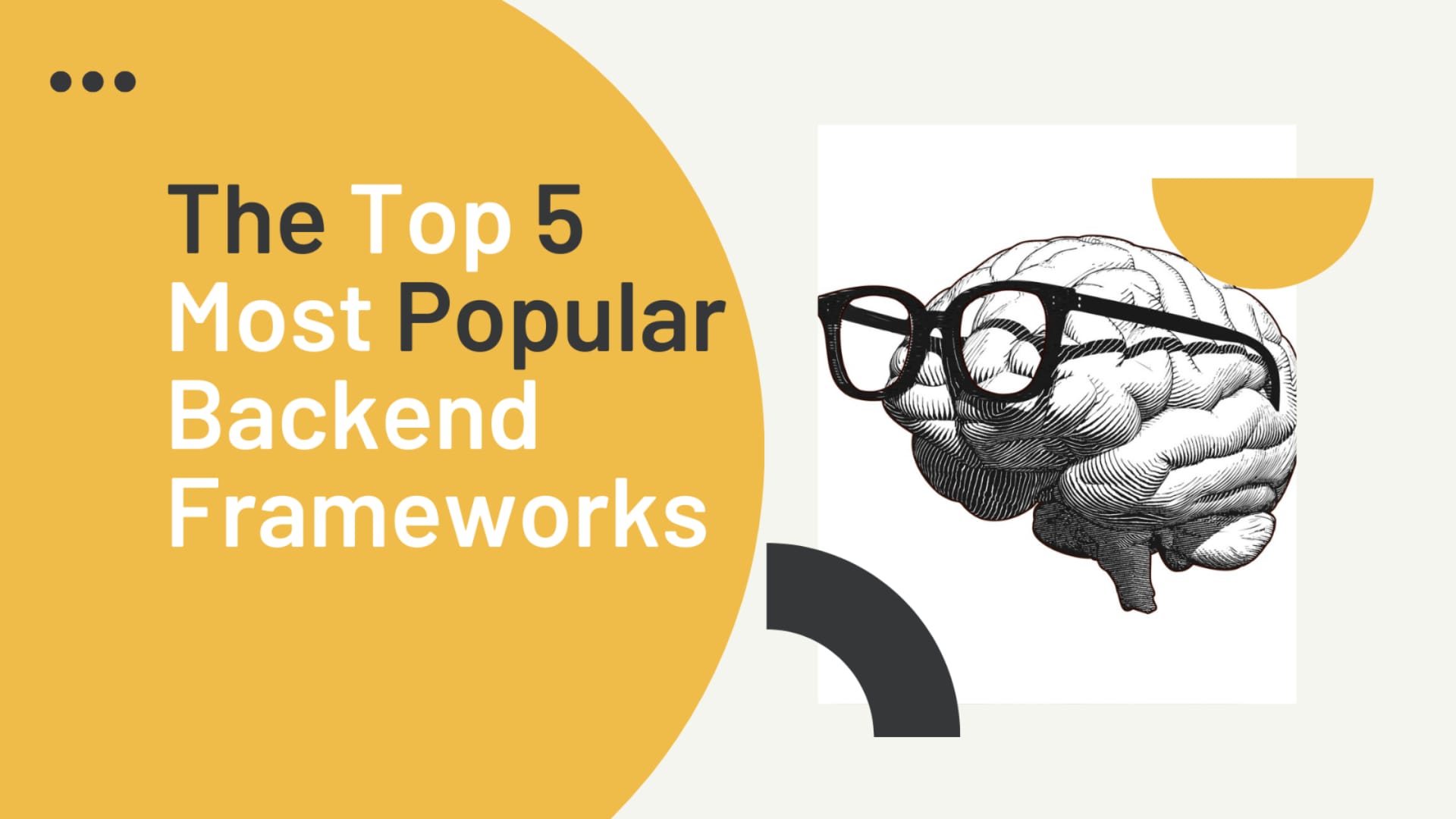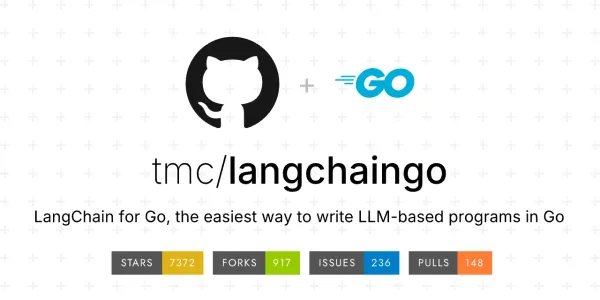Top 5 Most Popular Web Backend Frameworks in 2024

Hello, everyone. Today I will talk about the most popular backend web development frameworks. I have sorted this list based on the popularity of these frameworks. You can learn those frameworks if you want to start your career or boost your knowledge. I hope this article will provide you with some more clarity about the web development frameworks and help you get started with your next project.
5. Ruby and Rails
Ruby on Rails, or Rails, is a server-side web application framework written in Ruby under the MIT License. Rails is a model–view–controller framework, that provides default structures for a database, a web service, and web pages. [Wikipedia]
Ruby generates code that is compact, elegant, and powerful. Ruby is a free and open-source programming language. It is unrestricted in terms of copying, using, modifying, and disseminating. Because Ruby may be utilised in various projects, programmers can make adjustments as needed and code without feeling constrained.
Advantages of the Ruby on Rails framework:
- MVC Architecture. Ruby on Rails is based on the Model, View, and Controller pattern, the widely used web application architecture. …
- occupied
- Convention over Configuration…
- A Simple Testing Instrument
- Automated Deployment:
- A Simple Programming Language
4. Flask
Flask is a micro-web framework written in Python. It is classified as a microframework because it does not require particular tools or libraries. It has no database abstraction layer, form validation, or any other components where pre-existing third-party libraries provide common functions.
Flask is a Python API that allows us to create web-based applications. Armin Ronacher was the one who came up with the idea. Flask’s framework is more clear than Django’s, and it’s also easier to learn because it requires less basic code to create a simple web application.
Advantages of the Flask framework:
- A built-in development server and a quick debugger are included.
- Support for unit testing is incorporated.
- Request dispatching through a RESTful API
- Jinja2 Templating.
- Secure cookies are supported (client-side sessions).
- compliant with WSGI 1.0.
- It’s based on Unicode.
3. Django
Django is a Python-based free and open-source web framework that follows the model–view–controller architectural pattern. It is maintained by the Django Software Foundation, an independent organization established in the US as a 501©(3) non-profit. [Wikipedia]
Django is a high-level Python web framework for creating safe and maintainable websites quickly. Django is a web development framework built by professional developers that take care of a lot of the heavy lifting so you can focus on developing your app instead of reinventing the wheel.
Advantages of the Django framework:
- Rapid Development
- Secure.
- Scalable
- Fully loaded.
- Versatile
- Open Source.
- It is a large and well-supported community.
2. Laravel
Laravel is a free, open-source PHP web framework, created by Taylor Otwell and intended for the development of web applications following the model–view–controller architectural pattern and based on Symfony. [Wikipedia]
Laravel, Symfony, CodeIgniter, Yii 2, Phalcon, CakePHP, Zend, Slim, and other frameworks for the PHP programming language have extensive technological capabilities. Despite this, Laravel has remained at the top of the list of the best PHP MVC frameworks. Laravel is, without a doubt, the greatest framework.
Advantages of the Laravel framework:
Laravel is an MVC-based PHP framework that ensures a tight separation between presentation layers and business logic. Being based on MVC, the framework provides many features like high performance, increased security, and scalability.
1. Express.js
Express.js, or simply Express, is a back-end web application framework for Node.js, released as free and open-source software under the MIT License. It is designed for building web applications and APIs. It has been called the de facto standard server framework for Node.js. [Wikipedia]
Express.js is a web application server framework for Node.js that allows you to create single-page, multi-page, and hybrid web apps. It’s the de facto server framework for Node.js.
Advantages of the Express Js framework:
- Express JS features include faster server-side development.
- Support Routing
- Templating Engin
- Easy Debugging
- Middleware: A middleware is a component of a program that has access to the database, client requests, and other middleware.
Thank you for reading this article; don’t forget to follow me to read more like it, and you can also share this article on social media to increase its spread.



